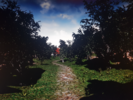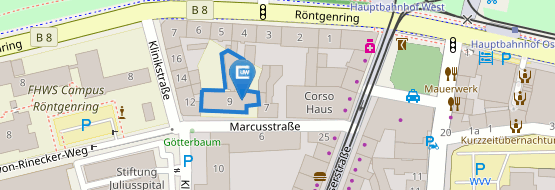Fear of Pain
Fear of Pain, Approach and Avoidance – in the Context of Stress and Individual Variation
Chronic pain represents a severe and common burden with enormous effects on patients everyday life. In accordance to the Fear Avoidance Model of chronic pain (Vlaeyen & Linton, 2012) mechanisms of fear learning and avoidance behavior play a major role in the development and the maintenance of chronic pain conditions. The model proposes a self-reinforcing vicious circle of fear, avoidance, disability and pain. However, only a small proportion of people enters such a vicious circle after an acute pain episode (e.g., after an injury or an medical intervention) and the factors that determine whether a person may enter this circle or not (and develops chronic pain) are still an open question.
Our team focuses explicitly on this question and investigates the influence of stress and stable individual differences (e.g., personality factors) on the acquisition of Fear of Pain. Therefore, we transfer methods from traditional fear conditioning research to Virtual Reality. A new experimental paradigm is developed allowing to experimentally induce (and extinguish) Fear of Pain as well as to investigate effects of context and motor imaginary. Finally, we use various biophysiological assessments (e.g., electrodermal activity, EDA, cortisol concentration, heat rate) and electroencephalographical (EEG) recordings to clarify the biological underpinnings of state Fear of Pain, trait Fear of Pain, and to understand the mechanisms of potential modulators (e.g., stress, personality).
Currently, our research endeavors focus on five complementary questions:
- Can Fear of Pain be learned (and extinguished) in the Virtual Reality?
- Do persons with higher disposition for pain-related fear (trait FoP) show stronger physiological reactions to acute stress?
- Does acute stress lead to an increased learning rate of pain-related fear (state FoP)?
- What are the underlying neurophysiological mechanisms of state FoP acquisition and do intrinsic neural oscillation patterns relate to stable individual differences in Fear of Pain (trait FoP)?
- Can we use positive motor imaginary to reduce Fear of Pain (also in chronic pain patients)?





